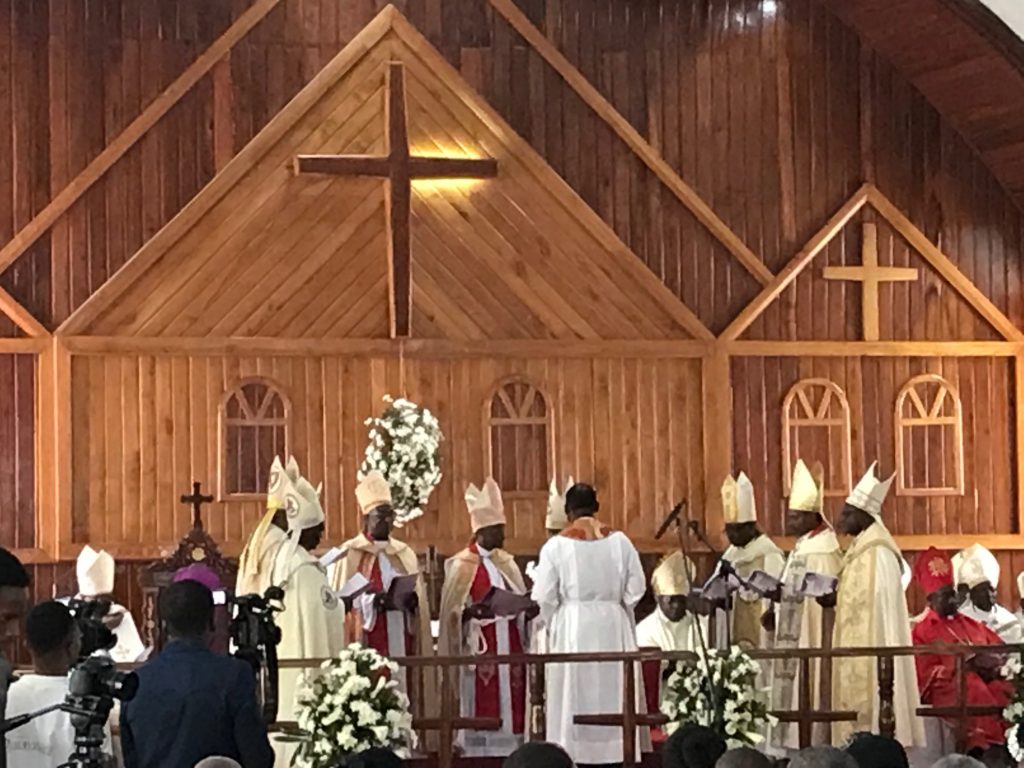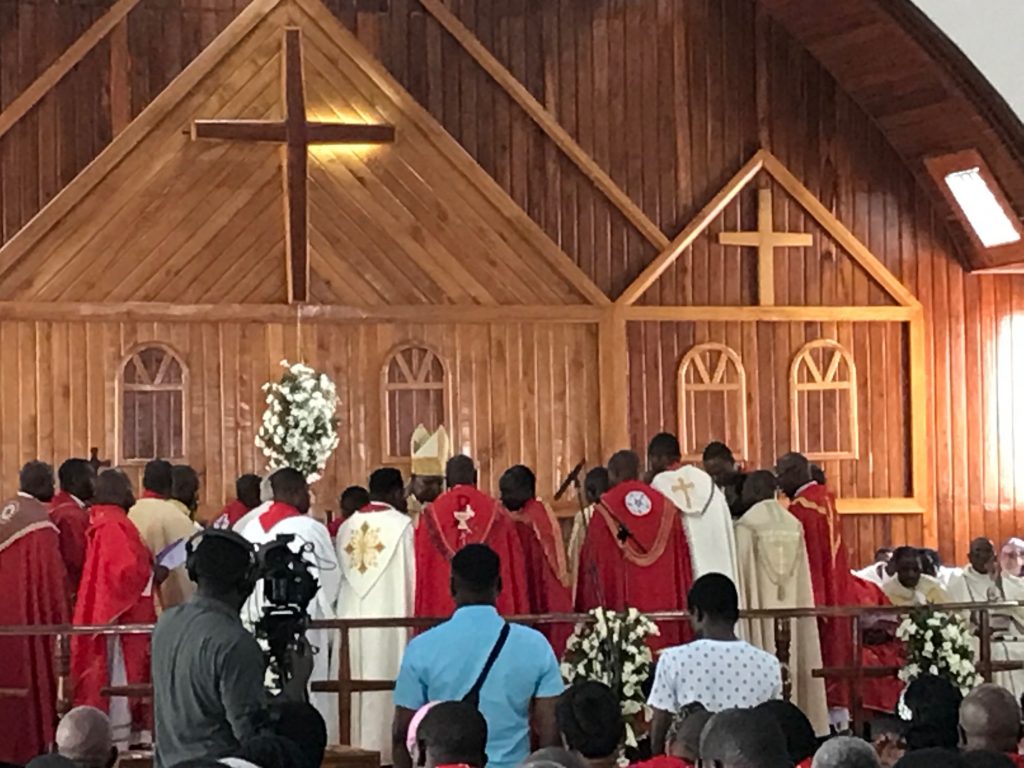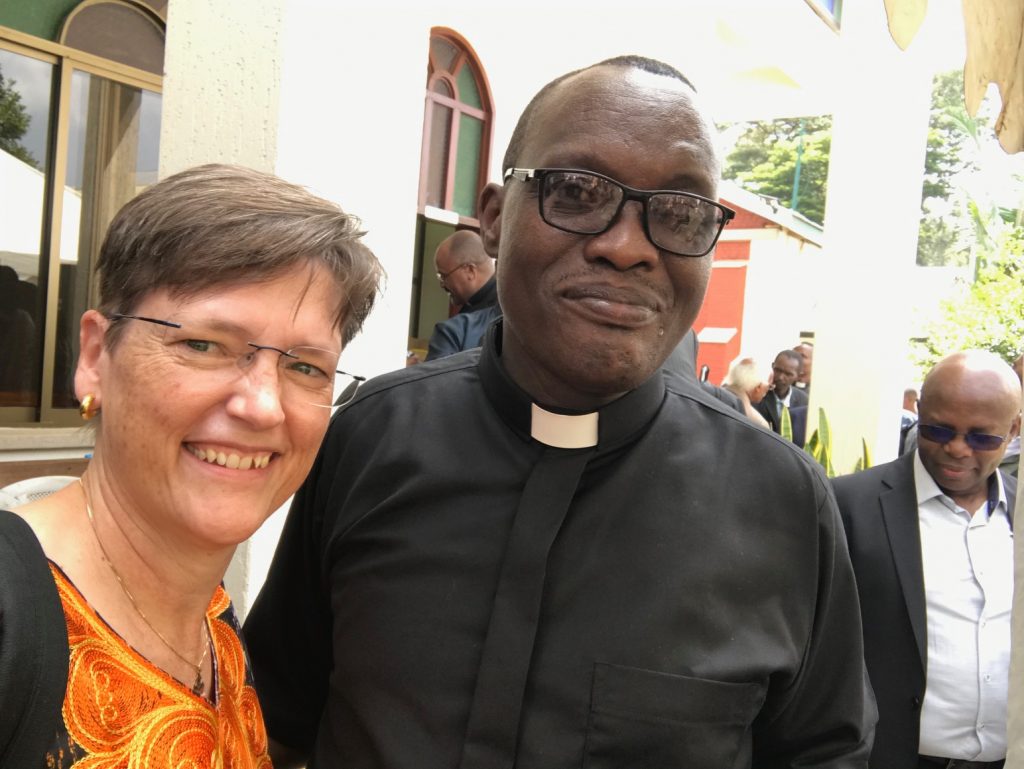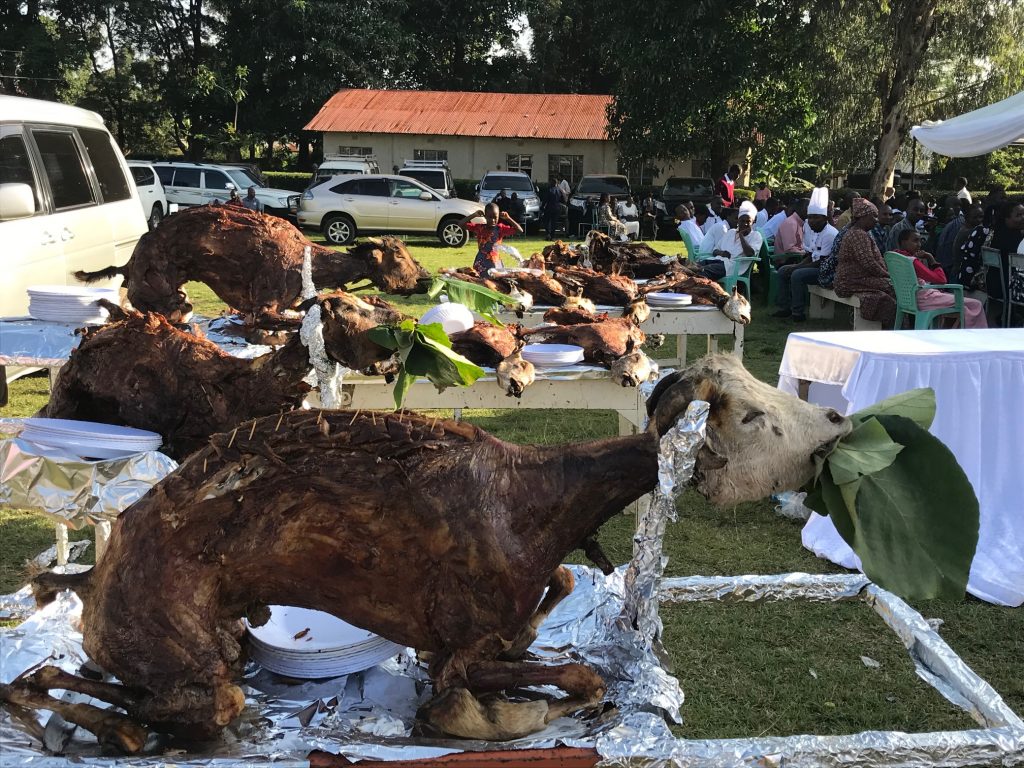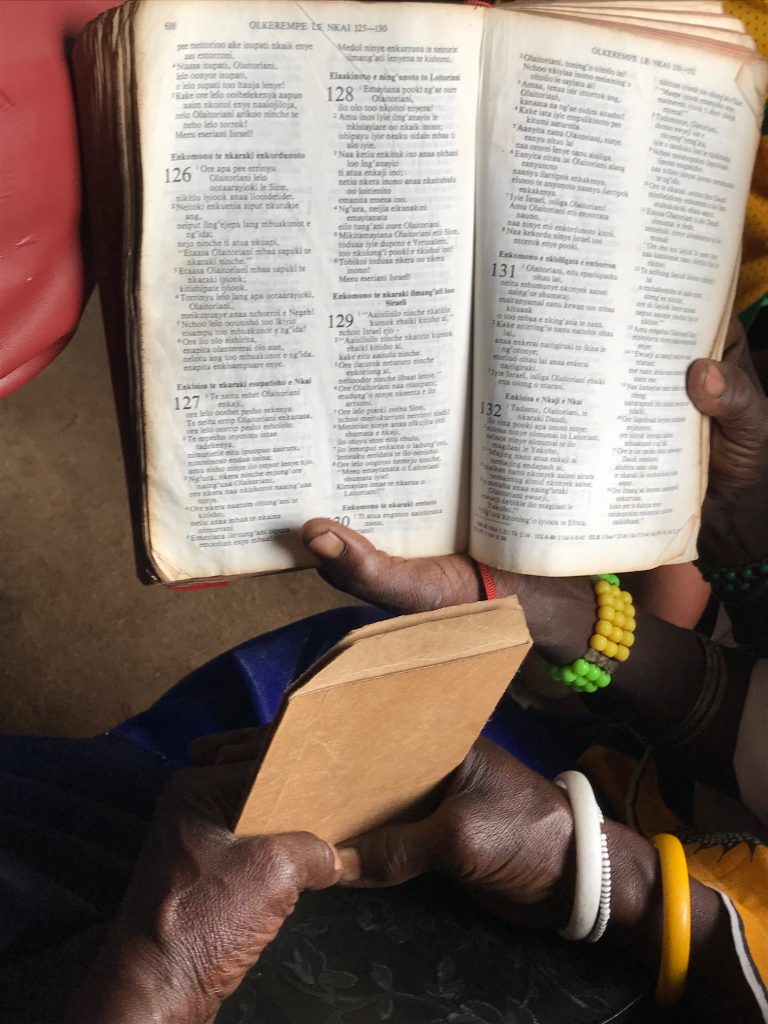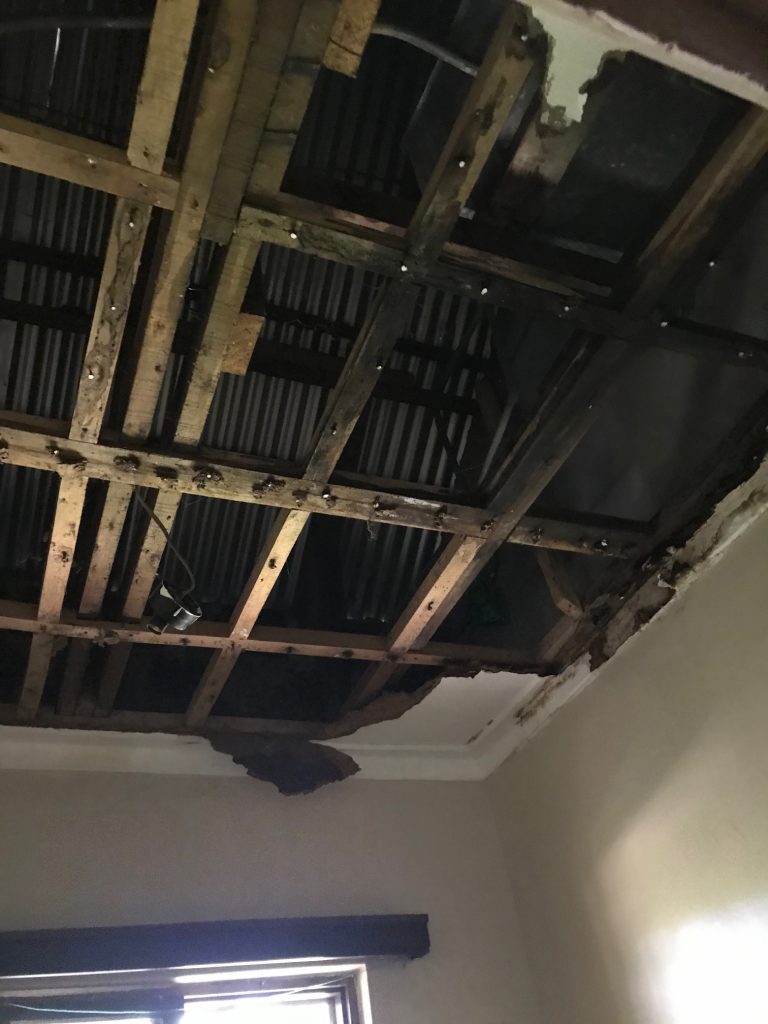I’m grateful for gratitude. In the old days, it was called counting your blessings.
Now there is social-scientific research that demonstrates that positive benefits, that “simply expressing gratitude may have lasting effects on the brain. While not conclusive, this finding suggests that practicing gratitude may help train the brain to be more sensitive to the experience of gratitude down the line, and this could contribute to improved mental health over time.” https://greatergood.berkeley.edu/article/item/how_gratitude_changes_you_and_your_brain

Snow!
I arrived in Sweden yesterday in the beautiful snowy weather. The primary reason for being here for a few weeks is that my visitor’s visa will expire in a few days, and I need to leave the country. With some frequent flier miles, it made sense to head back to Sweden where I have free housing (in my condo where Anya lives), will present at paper at Uppsala University (and much better in real life than via Zoom with sketchy electricity and pathetic Internet), and have access the libraries of the Nordic African Institute and Uppsala University, but especially, have time to be with Anya.
So, I’m recognizing all the things for which I am grateful:
- Drinkable water from the tap,
- On-demand hot showers,
- Fast and consistent Internet,
- Eating salads and raw vegetables with reckless abandon, and
- Especially, being with Anya!
However, my devotion that I prepared for my Wartburg Seminary students and didn’t have a good opportunity to give (the group was too jet lagged to make it work as planned), is that gratitude is good, but let’s think theologically about beyond gratitude. What do I mean?
I’ve learned that gratitude is important. I personally bought and passed out blank gratitude journals to my small groups in Sweden and the USA to encourage a practice of ending the day by jotting down three things they are grateful for. Yet, I’ve led many groups to Africa which has caused me to think a little more complexly. For youth especially (but not exclusively), I soon hear something to the effect of, “Wow! I took X for granted! Now, I’m thankful for X!” Fill in X with my first four bullet points above, but also, other things: education, good roads, access to health care (those who can afford to travel have access to health care), etc. This is good, but I encourage us to go beyond this beginning reflection to a deeper understanding.
Let me explain. In my family, we often pray a quick table prayer, “For life and health and every good, we give you thanks, O Lord.” Yes, I am grateful the Lord, and yet, 1 Thessalonians 5:16–18, states, “Rejoice always, pray continually, give thanks in all circumstances; for this is God’s will for you in Christ Jesus.”
If I’m only able to give thanks when things are good, we have our own milder form of prosperity gospel. Instead, we are invited by the Holy Spirit to have a deeper dependency upon Jesus Christ that is deepened when things are not good and easy, as well as greater compassion for others that comes from deeper identification with their conditions.
There is a Franciscan Blessing that reflects this.
MAY GOD BLESS YOU with discomfort,
at easy answers, half-truths,
and superficial relationships
so that you may live
deep within your heart.
May God bless you with anger
at injustice, oppression,
and exploitation of people,
so that you may work for
justice, freedom and peace.
May God bless you with tears,
to shed for those who suffer pain,
rejection, hunger, and war,
so that you may reach out your hand
to comfort them and
to turn their pain to joy.
And may God bless you
with enough foolishness
to believe that you can
make a difference in the world,
so that you can do
what others claim cannot be done,
to bring justice and kindness
to all our children and the poor.
Finally, related to this “shift” of thinking, I draw upon the wisdom of my ELCA missionary colleague and friend, Bethany Friberg.
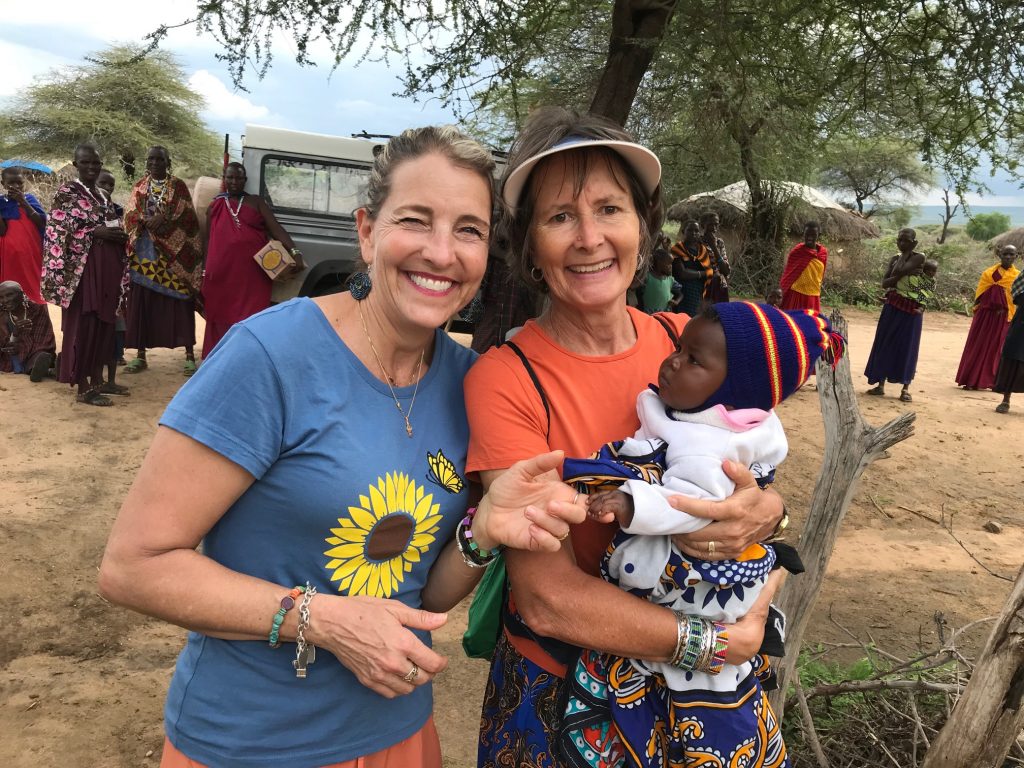
Bethany (right) with Wartburg Seminary President, Kristin Largen
One colleague here was informing the Wartburg Seminary group of the work of the ELCA in East Africa, especially Tanzania. He described the long-term work of Dr. Steve and Bethany Friberg in a very remote area of the country. He described their service as “sacrifice.” Yes, they have given up a lot of conveniences, living in a place that—especially early on—had very limited resources in a very simple and rustic way of life. Anya and I have stayed in their guest room and know the basic place they’ve called home for over 22 years. This was in my head when we went back again in January to visit the Fribergs. In our 4 days in rural Ketumbeine, we saw their amazing work that has been such a huge blessing in so many ways to many, many people in that remote area. Bethany told our group (in a close paraphrase), “Some people say that we have sacrificed a lot to be here in the bush, but I believe it is a privilege.”
So, I’m encouraged by Bethany to be grateful, and yet to go beyond a latent prosperity gospel to not just evaluate well-being according to blessings but the privilege of being a blessing.
Mungu akubariki! (God bless you! in Kiswahili)
Mikitamayana Engai! (God bless you! in Maa)
